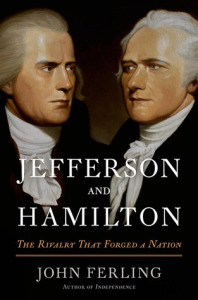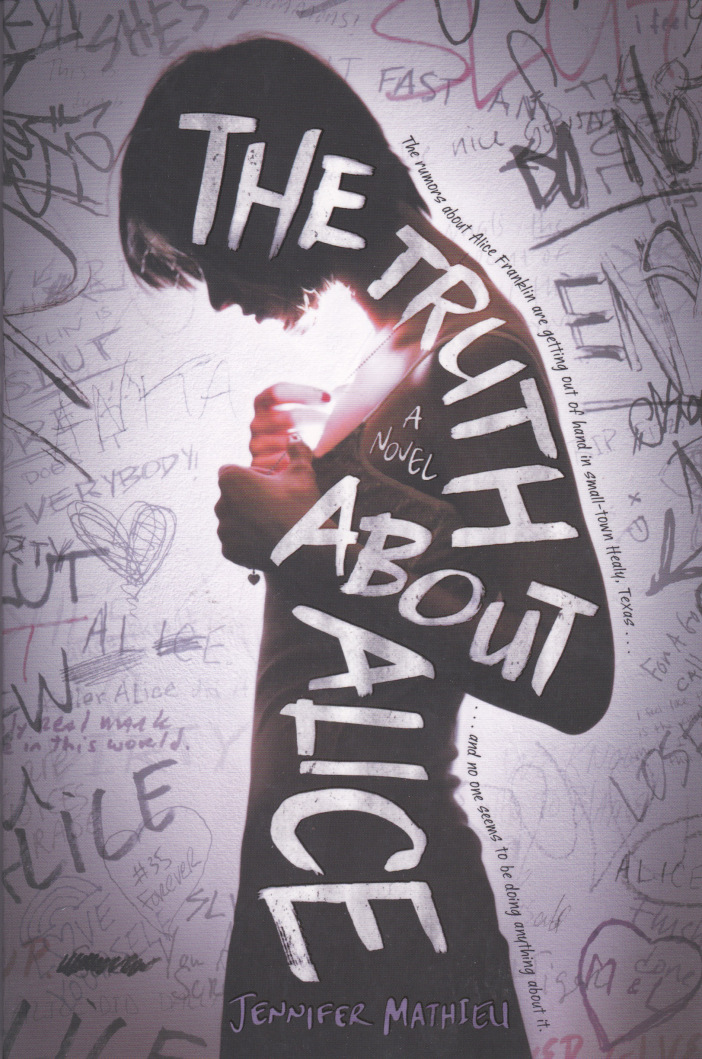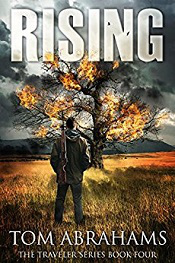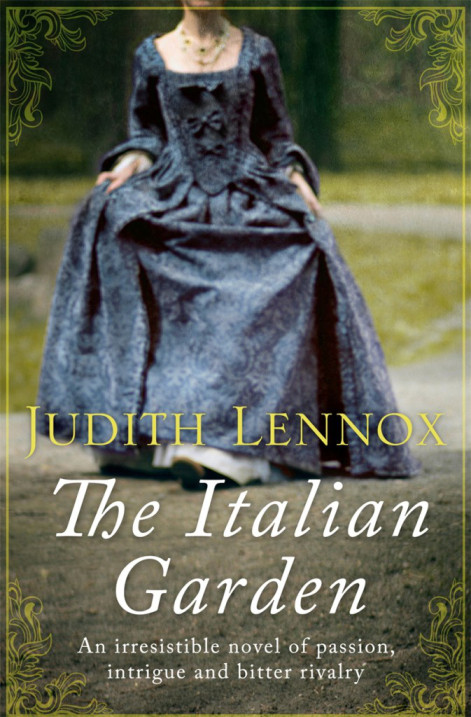 Title: Jefferson and Hamilton: The Rivalry that Forged a Nation
Title: Jefferson and Hamilton: The Rivalry that Forged a Nation
Author: John Ferling
Genre: History, Nonfiction, North American History, American History, Biography, Politics
Publisher: Bloomsbury Press
Published: October 1, 2013
Page Amount: 464 pages
Goodreads Summary: Jefferson and Hamilton is the story of the fierce struggle-both public and, ultimately, bitterly personal-between these two titans. It ended only with the death of Hamilton in a pistol duel, felled by Aaron Burr, Jefferson’s vice president. Their competing legacies, like the twin strands of DNA, continue to shape our country to this day. Their personalities, their passions, and their bold dreams for America leap from the page in this epic new work from one of our finest historians.
Why Read: My friend Rebecca has a presidential reading challenge that I can’t get enough of, and she read this classic book around half a year (a year?) ago. I have *ahem* been reading this book since around last November, if you can believe it. Please don’t misunderstand me – I adore Thomas Jefferson and Alexander Hamilton books… but this, this book was a monstrosity and it took me absolute ages to finish it.
Review: Where do I begin? I suppose I’d want to start with how incredibly dense and full of facts this book truly is. Beyond writing style, beyond the viewpoint of the author: Ferling has complied an almost exhaustive description of Jefferson and Hamilton’s rivalry – from start to finish. Even though I consider myself fairly well-versed on American history, particularly that which concerns the leaders of the Federalist and Democratic Republicans: whew, this book really took another leap into the historical dimension. I feel like I’ve learned so much after spending almost 3 months on this book – and even though I have *some* complains, I wouldn’t take back reading it for a moment.
Without getting too deep into the weeds, probably my favourite part of this book is the way that the author moves back and forth between Hamilton and Jefferson’s upbringings and opinions. I never felt as though the narrative repeated too much or that I was rehashing information that I already had. Part of what made the book so interesting was how as the reader, you’re really allowed to delve deeply into the opposing viewpoints of the two founding fathers. Hamilton believes in the Revolution for one reason, “a few artful men behind the curtain,” while Jefferson sees Britain as overtly trying to push all settlers into slavery, and understands the whole system to be aimed at subverting the colonists. From then on, the two clash in policy making, and disagreements arise in how we should form our government. Is it better to have a smaller or a larger government? Should the United States have a national bank? Is it worth it to have our country become monarchical? All legitimate questions, and all down-to-the-wire debates between Jefferson and Hamilton.
Perhaps the one issue I take with the book is in the wordiness. While I loved the prose, there were often times were I felt Ferling was overly wordy and that what could have been said in short concise sentences took up a page and a half. The addition of oodles of quotes helped (and was much appreciated).
What really captured my attention of the book was honestly the content. I could complain about the wordiness, but it makes no sense – given how entranced I was by the history. Learning about Hamilton’s dramatic prose yet again and seeing how idealist Jefferson was, still makes me pleased. Even though our system is currently being tested, I’m still proud of our system. The three branches of government and all of their little intricacies, the checks and balances, are because of debates between very smart and determined men. Our system exists because of disagreement, which seems to me something really unique in the governments of today. Too often, countries ruling classes are formed because of power in one particular part of society. While this could be said to be true now, when America was formed: two of the most powerful people were an incredibly talented Virginia farmer in very deep debt and an immigrant who worked his way to the top.
After finishing the book, I still don’t have an answer of whether I’m more of a Jeffersonian or Hamiltonian. I think there are merits to both creating a state to be strong and united for the people and yet another form of a state that exists to the smallest degree and gives the power to the states, to the people. I’m uncertain whether I think that people are naturally greedy and ambitious or if they are kind of warm-hearted and hope for the best. There are examples of both, just as there are examples of both Hamiltonian and Jeffersonian principles working in action.
If you can’t see it already, I really liked this book. It’s a heck of a read to get through. That is without question. But… if you want to know something more about the past and part of the story of how we’re living in our world today: this book will tell you much more than Hamilton the Musical will.
Favourite Quote: “While Hamilton’s focus was on a strong and independent United States, Jefferson dreamed of making the world a better place”
Rating: 4/5 Stars
Advertisements Share this:




